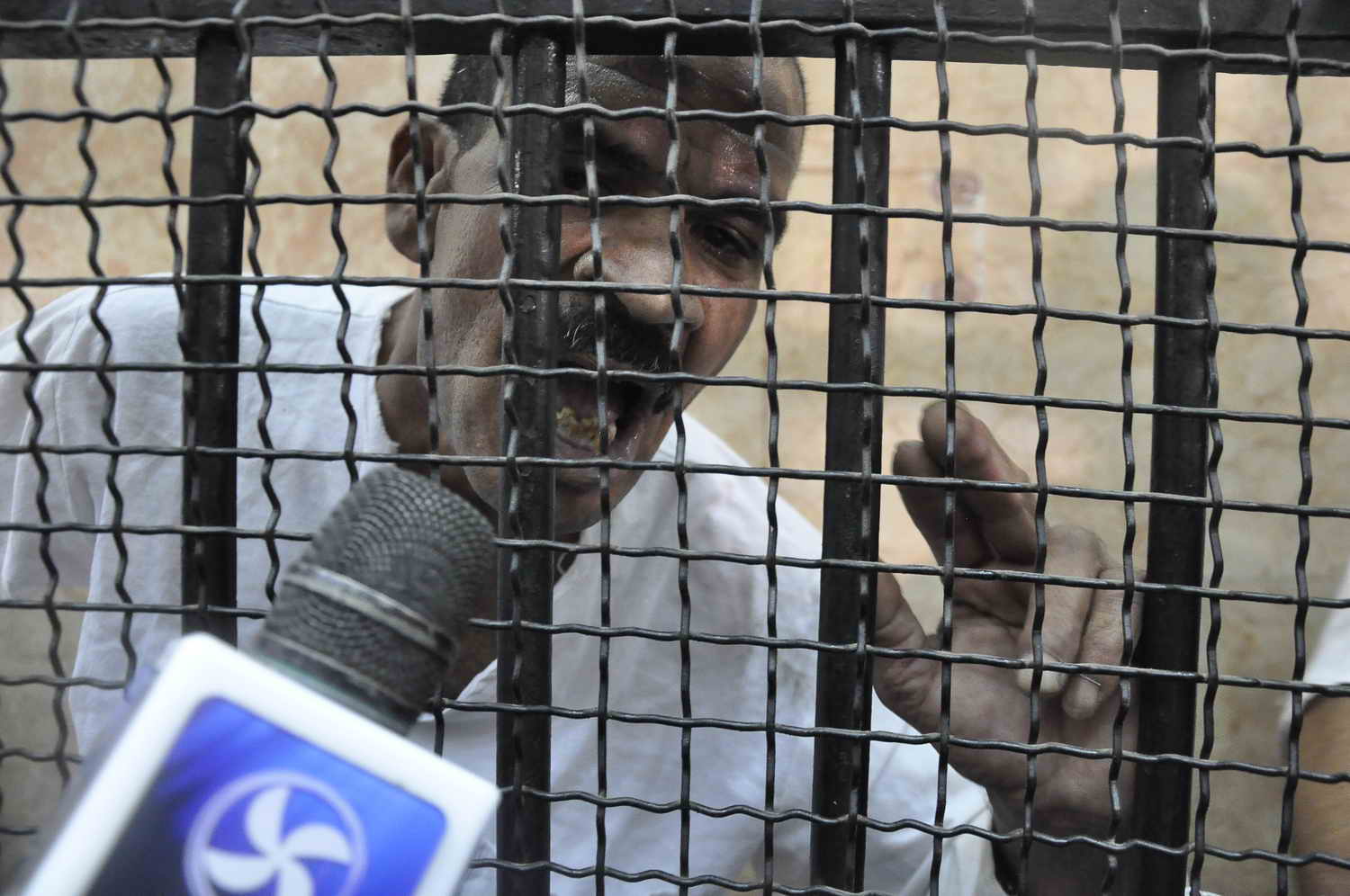Rachid promises tough measures ; some producers lower factory price to LE 300
CAIRO: Almost one month after the government capped the ex-factory and retail prices of cement at LE 290 and LE 330 per ton, respectively, none of the local producers have complied. Non-compliant producers include the 95 percent government-owned National Cement Company (NCC).
Still, the Minister of Foreign Trade and Industry (MFTI) announced Sunday Suez Cement and its subsidiary, Arab Swiss Engineering Company (ASEC), have complied by agreeing to lower their ex-factory prices to LE 300 per ton from LE 332. Both companies, along with Portland Torah Cement ran several advertisements in Tuesday s government newspapers announcing the reduction.
The government intervened in late August after local factory prices reached as high as LE 390 in Q1 of this year before stabilizing around LE 350 to LE 360 in Q3.
HC Brokerage Senior Analyst NamatAllah Choucri says the government is unlikely to push for a further reduction to the original LE 290 limit as it lacks the legal means to do so. There s no law that penalizes companies for raising prices as a result of fair competition and rising demand, therefore, the reduction to LE 300 is considered a relative achievement, she says.
In a joint-seminar with the Competition Commission on Sunday, Minister Rachid Mohamed Rachid said the battle with cement companies is not over, adding MFTI will not concede its original price-reduction demands.
Compared to markets that match closely to Egypt, local prices remain low, says Choucri. Turkey, for example, averages $71 (LE 408) per ton. For us, I think year-on-year price increases are only natural and are a result of the free market.
But while the government may not have the legal tools to cap prices, some analysts say cement companies are forced to comply because of their dependence on cheap raw materials and low energy costs from the government. The government could also export tariffs, as threatened by Rachid this week to further pressure producers.
The government has made favourable conditions for local cement producers which have helped keep high profit margins for companies and local prices below international levels, says one analyst. Government control gives it bargaining weight to cap prices, even if only temporarily, the analyst adds.
Cement producers have reported, on average, gross profit margins exceeding LE 150 per ton, or more than 50 percent. Most analysts credit high margins to low energy and labour costs. Small and large caps alike have reported Q1 and H1 results showing triple digit revenue increases in many cases. Suez Cement reported LE 484 million in H1 net income, up 214 percent from LE 154 reported in H1, 2005. And according to HC Brokerage, small caps such as Misr Beni Suef Cement, Misr Cement Qena and Sinai Cement have averaged more than 95 percent in net earnings increases in H1, 2006. Ex-factory prices averaged LE 242 in 2004 and LE 274 in 2005, according to HC.
What s happening now is you have multinationals that are control of the market, HC Cement Sector Analyst Ahmed Badr told The Daily Star Egypt. Before, the government used to be in control so it could set the price. Now multinationals are running the market so why can t they raise prices?
Rachid has announced MFTI is prepared to implement tough measures to force companies to observe the price caps, although he declined to specify during Sunday s seminar.
In early August Suez Cement acquired a 69 percent share in ASEC, making the former the largest cement producer in the country with 12.4 million tons in annual production, representing 30 percent market share. The Egyptian Cement Company is the second largest producer with 7 million tons. NCC is the largest public sector producer with 3.2 million tons annually.

